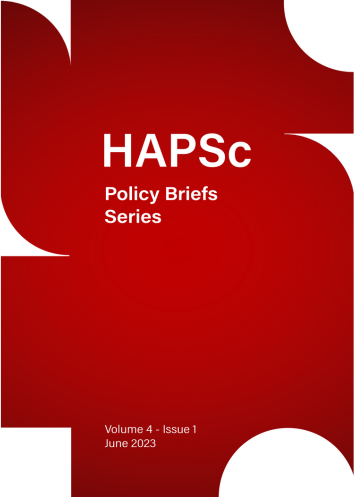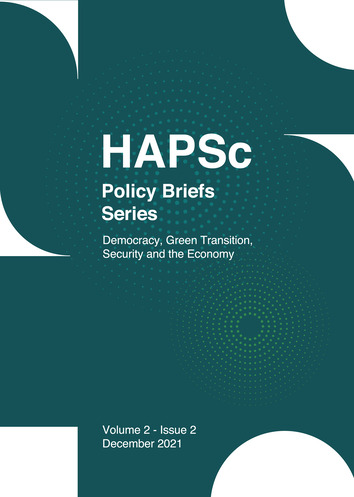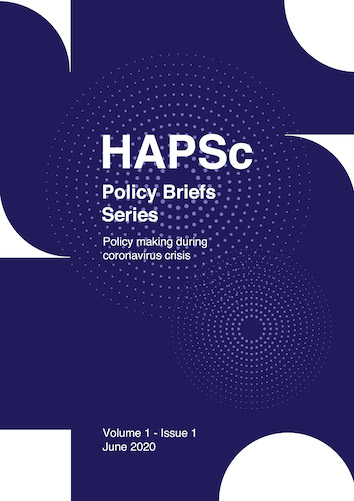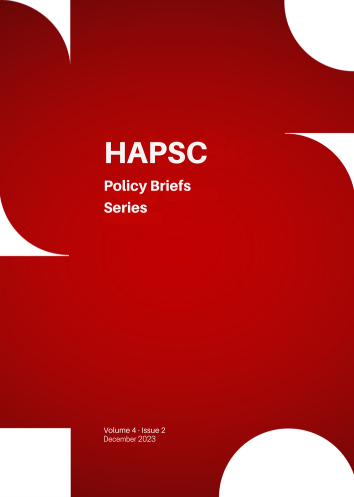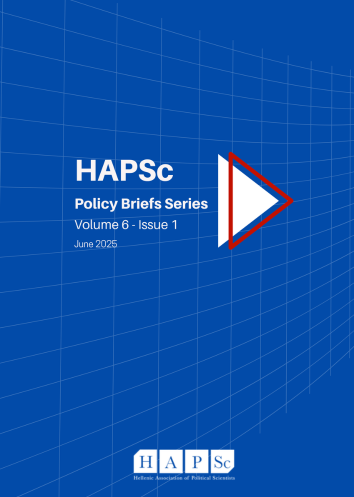COVID-19 and the Exacerbation of Existing Inequalities: Why the Lower Socioeconomic Stratums Were Influenced the Most
Résumé
Since the outburst of the COVID-19 virus many changes have taken place that concern most aspects of human life. A group that seemed to be affected most by the pandemic was that of the lower socio-economic stratums. This paper aims to demonstrate how individuals were most influenced. Firstly, their health was severely affected mainly due to the higher prevalence of social determinants that make them more vulnerable to COVID-19 and as they were more likely to delay seeking the necessary care for the virus. They also had to deal with a greater financial burden throughout the pandemic. Individuals of lower socio-economic stratums were much more likely to lose their jobs, to have their earnings reduce and to have to work while sick or in unsafe conditions. The last areas that have been negatively affected by the pandemic is digital, educational and health accessibility, as poorer individuals appear having reduce to technical means.
Article Details
- Comment citer
-
Alevizos, A., Michail, M., Eleftheroglou, M., & Sidiropoulos, S. (2023). COVID-19 and the Exacerbation of Existing Inequalities: Why the Lower Socioeconomic Stratums Were Influenced the Most. HAPSc Policy Briefs Series, 4(1), 33–41. https://doi.org/10.12681/hapscpbs.35196
- Rubrique
- Articles

Ce travail est disponible sous la licence Creative Commons Attribution 4.0 International .
Authors retain copyright and grant the journal right of first publication with the work simultaneously licensed under a Creative Commons Attribution License that allows others to share the work with an acknowledgement of the work's authorship and initial publication in this journal.
